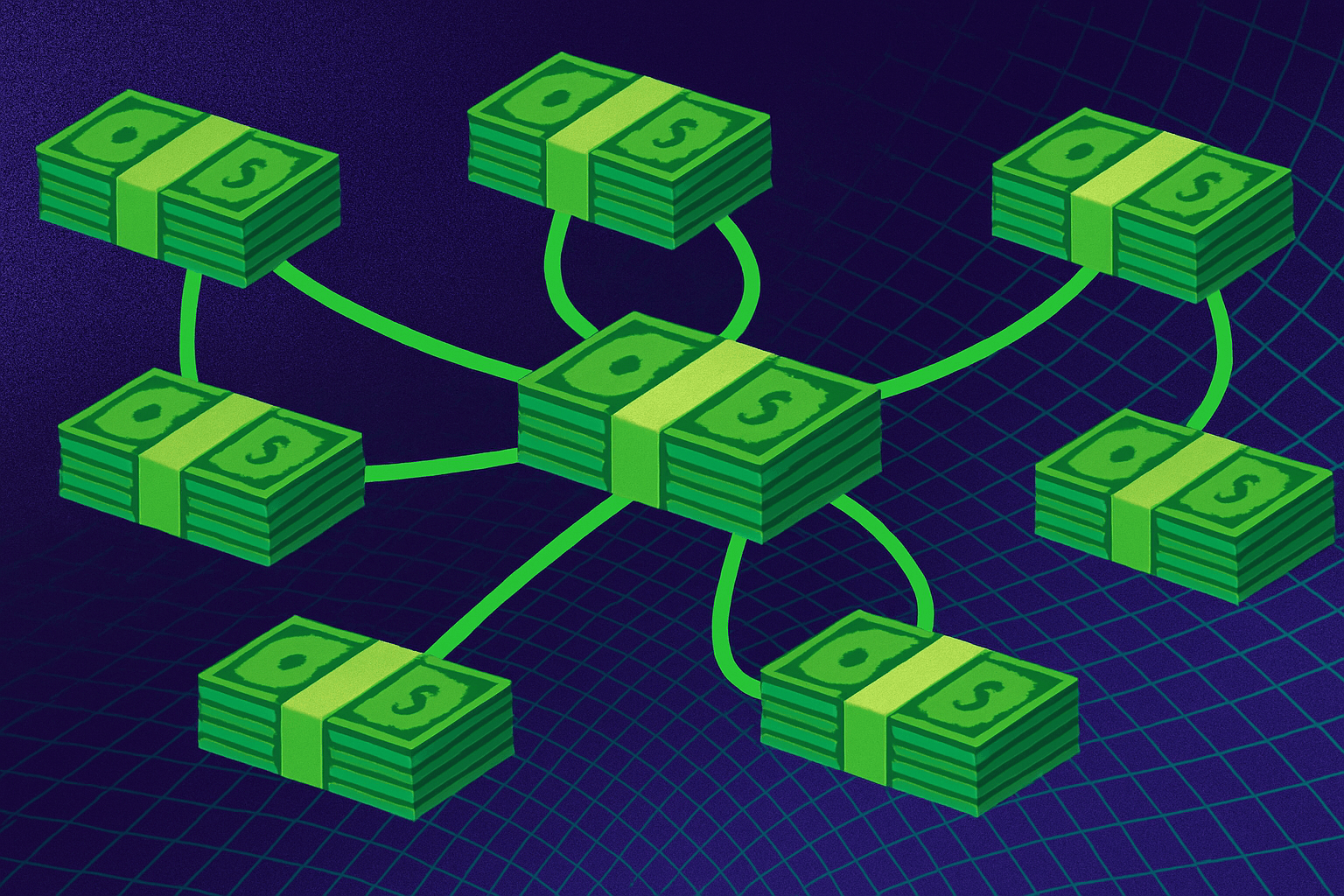OpenAI co-founder Sutskever raises $2 billion for AI startup with no product

Safe Superintelligence, the AI company co-founded by former OpenAI Chief Scientist Ilya Sutskever, has raised $2 billion in funding despite having no public product.
According to the Financial Times, the company is already valued at $32 billion. Sutskever launched Safe Superintelligence Inc. (SSI) in June 2024, alongside Daniel Gross, former head of AI at Apple, and AI researcher Daniel Levy. The company has offices in Palo Alto and Tel Aviv.
Developing beyond current scaling limits
SSI is aiming to build AI models that are significantly more advanced than current systems from OpenAI, Anthropic, or Google. Last year, Sutskever said he was pursuing a new direction that diverges from his earlier work.
In late 2024, he predicted the arrival of "peak data" and argued that the AI field needed to return to an "age of discovery." He emphasized the importance of scaling "the right thing" and suggested he is actively working on agent-based AI systems.
According to three people familiar with the company, SSI is exploring new approaches to both developing and scaling language models. The goal is to move beyond data analysis and toward systems with superhuman intelligence. The Financial Times reports that even investors have received only limited insight into SSI’s research.
Funding surge without a business model
The most recent financing round was led by Greenoaks, which invested $500 million. Other backers include Lightspeed Venture Partners and Andreessen Horowitz. According to Reuters, Google and Nvidia are also among the investors in Safe Superintelligence.
Google is reportedly providing SSI with its AI chips "in significant quantities to support its frontier AI research." For research and development, SSI is said to rely primarily on Google’s TPUs rather than Nvidia’s GPUs.
In September 2024, SSI raised $1 billion at a $5 billion valuation. A few months later, that valuation has increased more than sixfold, despite no product release or stated business model.
A similar trend is visible at Thinking Machines Lab (TML), a new venture founded by former OpenAI CTO Mira Murati. According to Business Insider, the company is currently seeking $2 billion in seed funding, implying a valuation of at least $10 billion. As with SSI, no product has been publicly announced.
Like SSI, TML has assembled a team of high-profile researchers, including former OpenAI employees John Schulman, Barret Zoph, and Jonathan Lachman. Unlike SSI, however, the company has not publicly committed to developing a superintelligent system.
Valuations driven by founder reputations
Neither Safe Superintelligence nor Thinking Machines Lab has offered a clear justification for their billion-dollar valuations. Both companies appear to rely on established reputations and the assumption that a combination of talent and capital will eventually produce major technological results.
So far, investors seem willing to accept that premise. Despite broader economic uncertainty in the U.S., funding for AI startups with prominent founders remains strong.
The optimism is based on the belief that AI systems may soon automate large portions of knowledge work—or even generate entirely new knowledge. As one example, OpenAI has reportedly considered charging up to $20,000 per month for AI agents, a price point that matches or exceeds salaries for human employees.
Skipping commercial products in pursuit of superintelligence
Another company following a similar trajectory is Reflection AI, a start-up focused on building superintelligent systems directly, without first releasing commercial products. The company is working on autonomous programming agents that can write software independently—an ability its team sees as essential to general superintelligence.
According to Bloomberg, Reflection AI has raised $130 million and is valued at roughly $500 million. Investors include Reid Hoffman, Scale AI CEO Alexandr Wang, and the venture capital arm of Nvidia.
Meanwhile, OpenAI has shifted away from earlier ambitions around AGI, or artificial general intelligence. The company no longer uses the term "superintelligence" and has pivoted toward the incremental development of commercially viable AI systems.
AI News Without the Hype – Curated by Humans
As a THE DECODER subscriber, you get ad-free reading, our weekly AI newsletter, the exclusive "AI Radar" Frontier Report 6× per year, access to comments, and our complete archive.
Subscribe nowAI news without the hype
Curated by humans.
- Over 20 percent launch discount.
- Read without distractions – no Google ads.
- Access to comments and community discussions.
- Weekly AI newsletter.
- 6 times a year: “AI Radar” – deep dives on key AI topics.
- Up to 25 % off on KI Pro online events.
- Access to our full ten-year archive.
- Get the latest AI news from The Decoder.